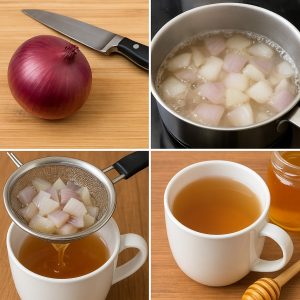Common mallow plants, specifically Malva neglecta and Malva sylvestris, have been used in traditional medicine for centuries. Despite being different species, both share remarkable medicinal properties and uses. This article delves into the health benefits and uses of these plants, offering insights into their application in contemporary natural health practices.
Malva Neglecta: The Understated Healer
malva neglecta
Malva neglecta, commonly known as cheeseweed, thrives in a variety of environments. This plant is distinguished by its low-growing habit, deep taproot, and circular to kidney-shaped leaves. Every part of Malva neglecta is edible, contributing to its versatility in medicinal and culinary uses.
Digestive Aid: The plant acts as a gentle laxative, soothing the digestive tract and aiding in the management of constipation.
Anti-inflammatory: Malva neglecta is known for its anti-inflammatory properties, making it beneficial in treating urinary tract infections and kidney issues.
Respiratory Relief: As an expectorant, it assists in alleviating coughs and other respiratory ailments.
Malva Sylvestris: The Versatile Herb
Malva sylvestris, or common mallow, is recognized for its attractive flowers and has a broader range of applications. This plant is a self-fertile hermaphrodite, capable of thriving in harsh conditions.
Respiratory Health: Effective in treating respiratory illnesses, Malva sylvestris eases chest congestion and soothes the throat.
Digestive Benefits: Acting as a mild laxative, it helps in regulating the digestive system.
Skin Care and Anti-Aging: Topically applied, it possesses potential anti-aging effects, keeping the skin youthful.
Sleep Aid: Its essential oil or tea is used for inducing relaxation and improving sleep quality.
Cancer Prevention: Contains beta-sitosterol, which is linked to prostate cancer prevention.
Culinary Uses
Apart from their medicinal benefits, both Malva neglecta and Malva sylvestris have culinary uses. The leaves and flowers can be incorporated into salads, soups, and other dishes, offering a nutritious boost.
Safety and Precautions
While both plants are generally safe, it’s crucial to consult with a healthcare provider before using them, especially if you’re on other medications or have existing health conditions. Pregnant or lactating women should exercise caution.
a salat with malva sylvestris
Malva neglecta and Malva sylvestris are not just beautiful plants; they are reservoirs of health benefits. From aiding digestion to respiratory health and even potential cancer prevention, these plants are a testament to the power of natural remedies. Their easy cultivation and diverse uses make them valuable additions to any herbal medicine cabinet.





